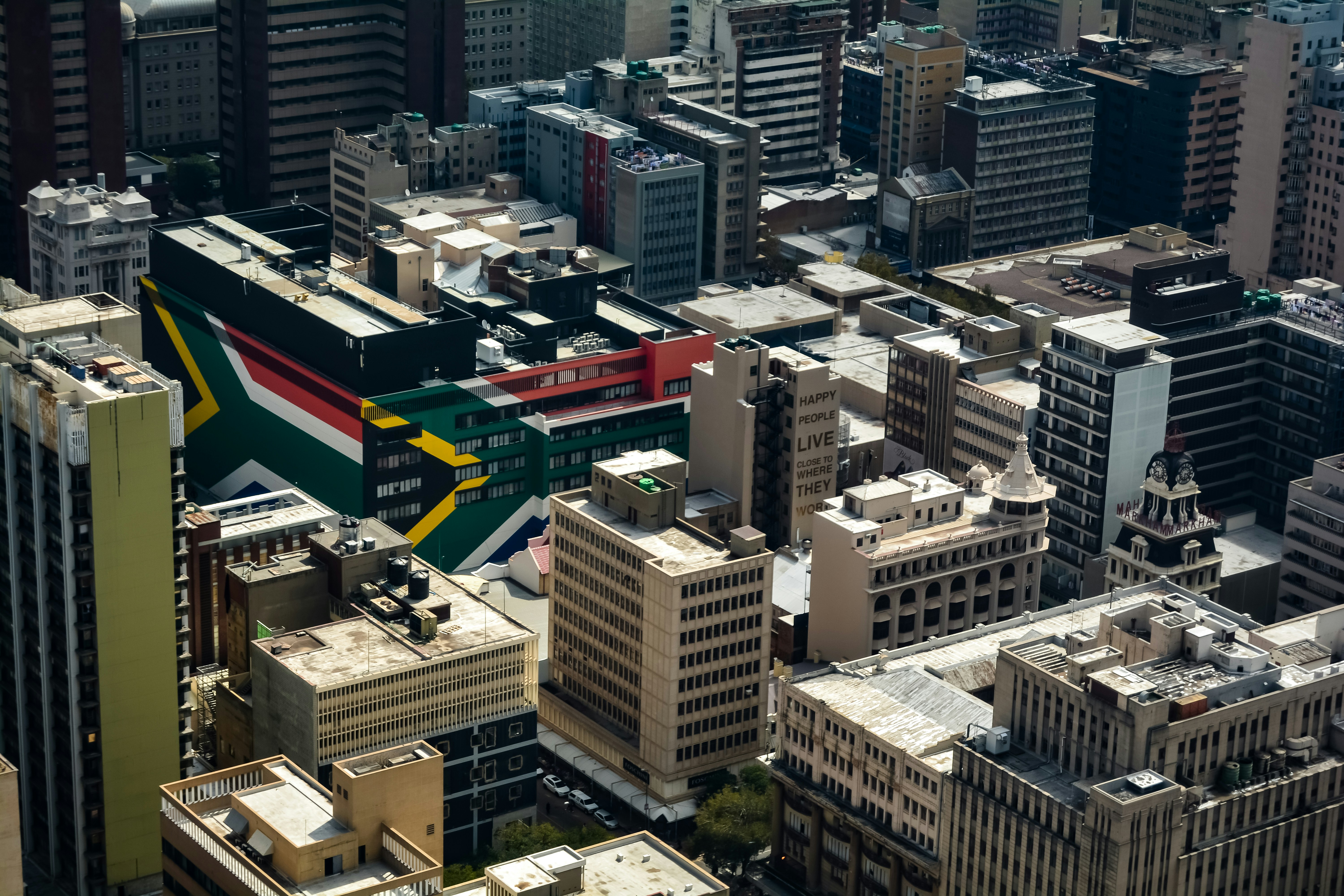The Rich Tapestry of Languages in South Africa: A Mosaic of Diversity and Culture

South Africa, often hailed as the Rainbow Nation, boasts a linguistic landscape as vibrant and diverse as its people. With 11 official languages recognized in the constitution, South Africa stands as a testament to the richness of linguistic diversity and cultural heritage. Let's embark on a journey to explore the languages of South Africa, their unique characteristics, cultural significance, and the fascinating stories they tell.
Official Languages and Distribution
- Zulu: Spoken primarily in the eastern part of South Africa, Zulu is one of the most widely spoken languages in the country. It is the mother tongue of the Zulu people and holds significant cultural importance, with rich oral traditions and a legacy of powerful leaders such as King Shaka.
- Xhosa: Predominantly spoken in the Eastern Cape province, Xhosa is known for its distinctive click consonants and lyrical tones. It is the language of Nelson Mandela and is deeply intertwined with Xhosa cultural practices, rituals, and storytelling traditions.
- Afrikaans: Derived from Dutch, Afrikaans is widely spoken across South Africa, particularly in the Western Cape and Northern Cape provinces. It carries historical significance as the language of the Afrikaner community and played a pivotal role in shaping South Africa's complex sociopolitical landscape.
- English: As the language of business, education, and government, English enjoys widespread usage and serves as a lingua franca among South Africans of diverse linguistic backgrounds. It reflects the country's colonial legacy and continues to evolve as a dynamic, inclusive language.
- Sotho: Both Sesotho sa Leboa (Northern Sotho) and Sesotho (Southern Sotho) are spoken in various regions of South Africa, with significant populations in the Free State, Gauteng, and Limpopo provinces. Sotho languages are renowned for their rich oral literature, proverbs, and folklore.
- Tswana: Spoken primarily in the North West province, Tswana is characterized by its melodic intonation and complex tonal system. It is closely related to Sotho and shares many cultural and linguistic similarities.
- Venda: Venda is spoken by the Venda people in the northern part of South Africa, particularly in the Limpopo province. It is known for its unique grammatical features, intricate kinship terminology, and vibrant musical traditions.
- Ndebele: The Ndebele language is spoken by the Ndebele people in Mpumalanga and Gauteng provinces. Known for its striking visual artistry, Ndebele culture celebrates bold geometric patterns and vibrant colors, reflecting the creativity and identity of its speakers.
- Swati: Swati, also known as siSwati, is spoken primarily in the Mpumalanga province and parts of KwaZulu-Natal. It is closely related to Zulu and shares many linguistic features, including click consonants and noun class systems.
- Southern Sotho: Also known as Sesotho, Southern Sotho is spoken in the Free State and Gauteng provinces. It is characterized by its rich oral traditions, including poetry, praise songs, and storytelling, which play a central role in Southern Sotho culture.
- Tsonga: Tsonga is spoken by the Tsonga people in the Limpopo and Mpumalanga provinces. It is known for its musicality, with rhythm and intonation playing a significant role in everyday communication and cultural expression.
Cultural Significance and Linguistic Attributes
Each of South Africa's languages carries with it a wealth of cultural heritage, traditions, and identity. From the vibrant beadwork of the Ndebele to the intricate basket weaving of the Venda, language and culture are deeply intertwined, shaping the way people view the world and express themselves.
Despite their diversity, South Africa's languages share certain linguistic attributes, such as the presence of click consonants in Xhosa, Zulu, and Ndebele, inherited from the Khoisan languages spoken by indigenous hunter-gatherer communities. Many of these languages also exhibit complex noun class systems, tonal distinctions, and grammatical structures that reflect their Bantu origins.
Conclusion
The languages of South Africa represent a mosaic of diversity, resilience, and cultural pride. As custodians of these linguistic treasures, South Africans celebrate their heritage, express their identities, and forge connections across linguistic and cultural boundaries. In a country marked by its history of colonialism, apartheid, and struggle for freedom, language serves as a powerful tool of empowerment, reconciliation, and nation-building. By embracing and preserving their languages, South Africans honor the past, celebrate the present, and pave the way for a more inclusive and vibrant future.
1 Like
